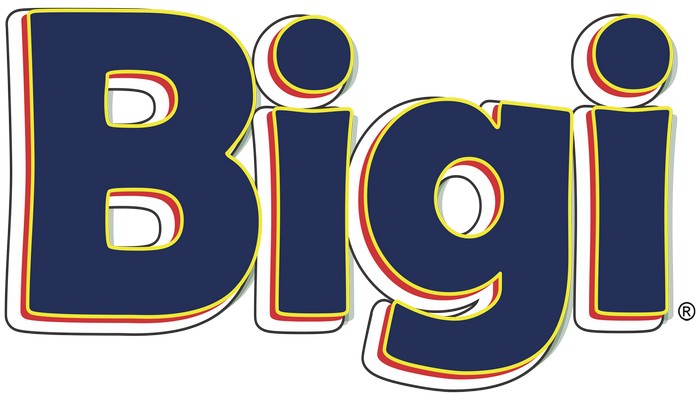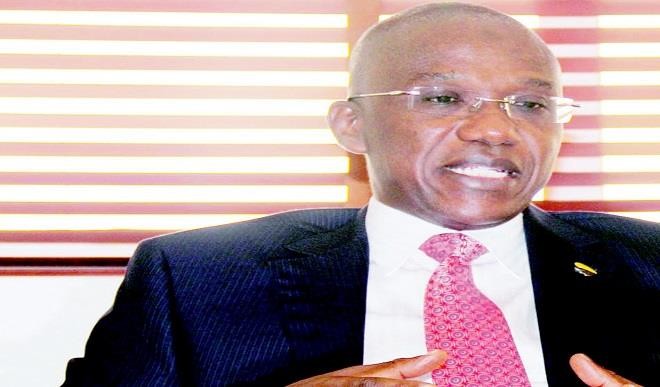
The Nigerian Electricity Regulatory Commission (NERC) has revealed that 11 Electricity Distribution Companies (Discos) operating in the country raked in a total of N114 billion in the first three months of 2020.
The report covering the first quarter of 2020 also showed that the country generated more electricity compared to the last quarter of 2019 with total electricity generated put at 8,613,998MWh, 6.33 per cent more than the energy generated during the preceding quarter.
While the collection efficiency decreased considerably, the regulatory agency listed Abuja, Benin and Eko Discos as the companies with the most efficient collection systems.
According to NERC, the collection efficiency implied that for every N10 worth of energy billed to customers by the Discos in the first quarter of 2020, approximately N3.88 remained unrecovered from customers as and when due.
NERC reiterated that financial viability of industry has remained a major challenge threatening its sustainability, noting that as highlighted in the preceding quarterly reports, the liquidity challenge is partly due to the non-implementation of cost-reflective tariffs.
It also listed high technical and commercial losses exacerbated by energy theft and consumers’ apathy to payments under the widely prevailing practice of estimated billing as part of the challenges of the industry.
The power sector regulator noted that it was noteworthy that the payment cycle for March invoices fell sharply within the period of the outbreak of Covid-19 pandemic.
“The total revenue collected by eleven (11) Discos from customers in the first quarter of 2020 stood at N114.29billion out of the total bill of N186.82billion.
“Similar to the observed trend in billing efficiency relative to the preceding quarter, the Discos’ collection efficiency (i.e. the total revenue collected as a ratio of the total billing by Discos) declined in 2020/Q1.
“The overall collection efficiency for all Discos decreased to 61.18 per cent in the first quarter of 2020 representing 8.26 percentage points decrease from the 69.44 per cent collection efficiency recorded in 2019/Q4,” it stated.
It added: “The collection efficiency implies that for every N10 worth of energy billed to customers by Discos in the first quarter of 2020, approximately N3.88 remained unrecovered from customers as and when due.
“This low collection efficiency combined with billing inefficiency has continued to adversely impact the financial liquidity of the industry, which in turn, has led to low investment in NESI.
“During the first quarter of 2020, the total electric energy generated was 8,613,998MWh – 6.33 per cent more than the energy generated during the preceding quarter. Within the same quarter, the industry recorded a peak daily generation of 5,268MW.”
NERC however explained that there was improved capacity utilization, which it attributed to reductions in constraints such as gas supply shortage, and transmission as well as distribution networks bottlenecks.
“Notwithstanding the progress recorded during the quarter under review, the aforementioned industry constraints still pose major technical and operational challenges to the industry.
“The resolution of technical and operational constraints in NESI remains one of the top priorities of the commission. To this end, the commission has continued to work on addressing the Disco-TCN interface bottlenecks to free up part of the stranded generation capacity by addressing the technical constraints inhibiting the flow of energy,” the report said.
The commission also disclosed that it was finalising the review of the Performance Improvement Plans (PIPs) filed by Discos, covering the period 2020-2025 with an overall objective of ensuring that utilities invest in projects critical to addressing technical and other challenges affecting their operational efficiency.
It noted that the review of the PIPs is expected to among others appraise, Discos’ proposed utilisation of capital and operating expenditure allowances for relevance and cost efficiency and the investments required by Discos towards addressing distribution networks bottlenecks to free up part of the stranded generation capacities.
NERC said that there was slight improvement in the grid network stability during Q1, 2020 relative to 2019/Q4 as only one incidence of total system collapse was recorded.
As for energy received from the Nigerian Bulk Electricity Trading PLC (NBET) and for service charge by Market Operators, NERC said that only a sum of N60.20billion of the total invoice was settled, representing 32.53 per cent remittance performance.
“This represents a 5.79 percentage point decline from the final settlement rate recorded on the the average fourth quarter of 2019” NERC added.
Also, the NERC report indicated that the international customers had started offsetting their indebtedness to the country.
“A total of N4.05 billion (US$13.22million) invoices were issued by MO to international customers (i.e., Societe Nigerienne d’electricite – NIGELEC, Societe Beninoise d’Energie Electrique – SBEE and Compagnie Energie Electrique du Togo – CEET).
“During the quarter, NIGELEC made a payment of ₦1.61billion ($5.27million) as part of its outstanding bills for the energy received from NBET and services rendered by MO. Similarly, SBEE paid ₦0.43bilion ($1.39million) in respect of services received from MO,” it stated.
For continuity and improvement in the sector liquidity, NERC insisted that Discos must continue to improve on effort towards reducing the Aggregate Technical, Commercial, and Collections Loss (ATC&C) losses to levels commensurate with their contractual obligations in the performance agreement.
It noted that one of the contributory factors to high ATC&C losses, and hence poor liquidity, is non-settlement of energy bills by Ministries Department and Agencies of government, across the three tiers.
“This issue must be urgently addressed as part of the ongoing federal government’s efforts towards ensuring financial sustainability of NESI”, NERC advised.






